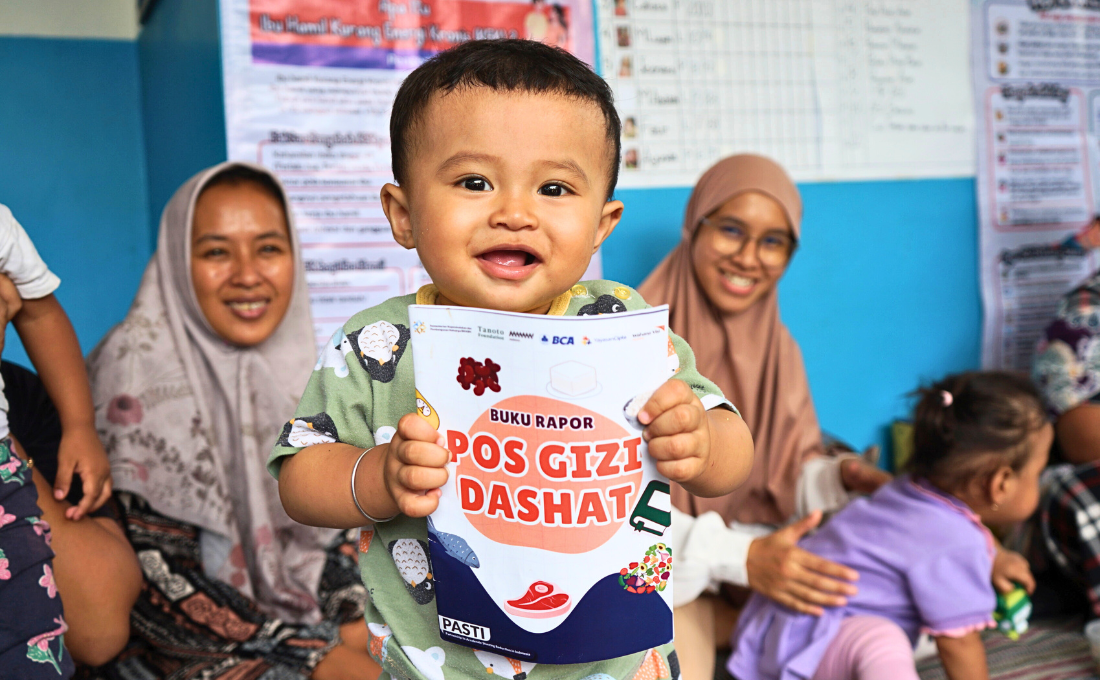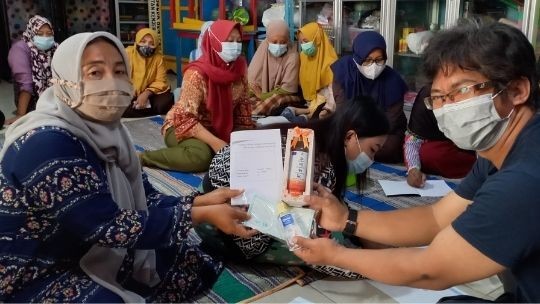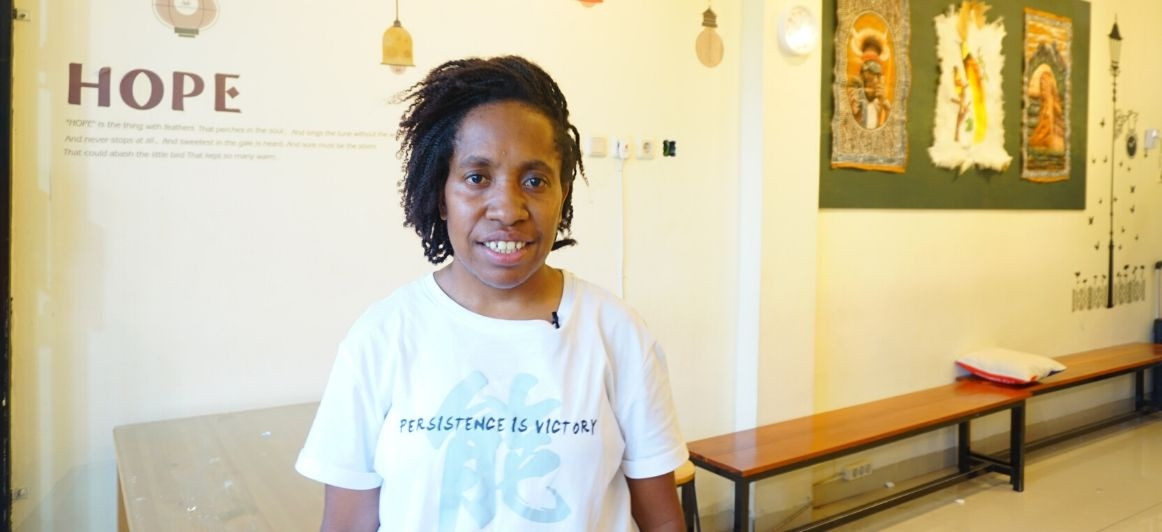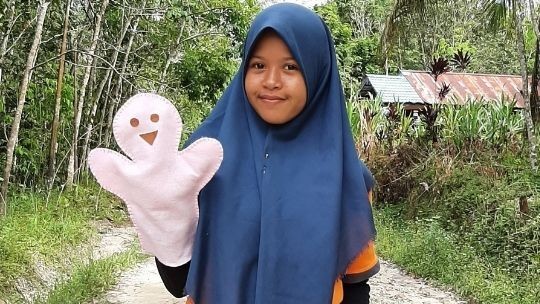Nutrition Learning Class for Children and Pregnant Women in Malang Regency

On a quiet morning, the home of a local Posyandu volunteer in Malang Regency took on a different energy. Dozens of toddlers and pregnant women gathered not for weighing or examination, but to learn together about nutrition, healthy meals, and better eating habits in a session called the “Feeding Class.”
This class is part of the Pos Gizi DASHAT (PGD – DASHAT Nutrition Post) classes program, which focuses on improving the dietary intake of children and pregnant women through a community-based intervention. In August 2025 alone, more than 90 participants joined the class in villages from one sub-district in Malang Regency.
The outcomes are promising. Approximately 80% of participants—both children and pregnant women—gained weight after attending the 12-day class. This weight gain is an important indicator of improved nutritional status, especially critical during key periods of child growth and pregnancy.
The Feeding Class is part of the PASTI Program (Partner for Accelerating Stunting Reduction in Indonesia). PASTI is a partnership between BKKBN, Tanoto Foundation, PT Amman Mineral Nusa Tenggara (AMMAN), and PT Bank Central Asia Tbk. It is implemented by Wahana Visi Indonesia and Yayasan Cipta, with the aim of accelerating stunting prevention and improving nutritional status in Indonesia through January 2027.
More than simply providing nutritious meals, the class offers practical nutrition education. Mothers learn to identify local, affordable food ingredients, prepare healthy meals that children will enjoy, and develop better eating practices at home. One menu favorite is “Kroyamsi”—a sweet-and-savory chicken dish that is easy to make and nutrient-rich.
However, the journey is not without obstacles. Some children did not show weight gain due to health conditions like fever or diarrhea. In addition, some families were uncertain about the difference between the class and other food supplement programs. To address this, field volunteers and community health workers offer continued support and clearer explanations to help families understand the specific benefits of each intervention.
One mother shared her experience, “At first, my child refused to eat fish because of its smell. But after attending the class and trying the recipes, he began to like it. I also learned healthier and simpler cooking methods.”
Thanks to strong community involvement, committed volunteers, and cross-sector collaboration, the PGD has become a space for learning and behavior change. It directly benefits family health. We hope this initiative not only improves nutritional status in the short term, but also contributes to sustained reductions in stunting across Malang Regency.
Author: PASTI project team



